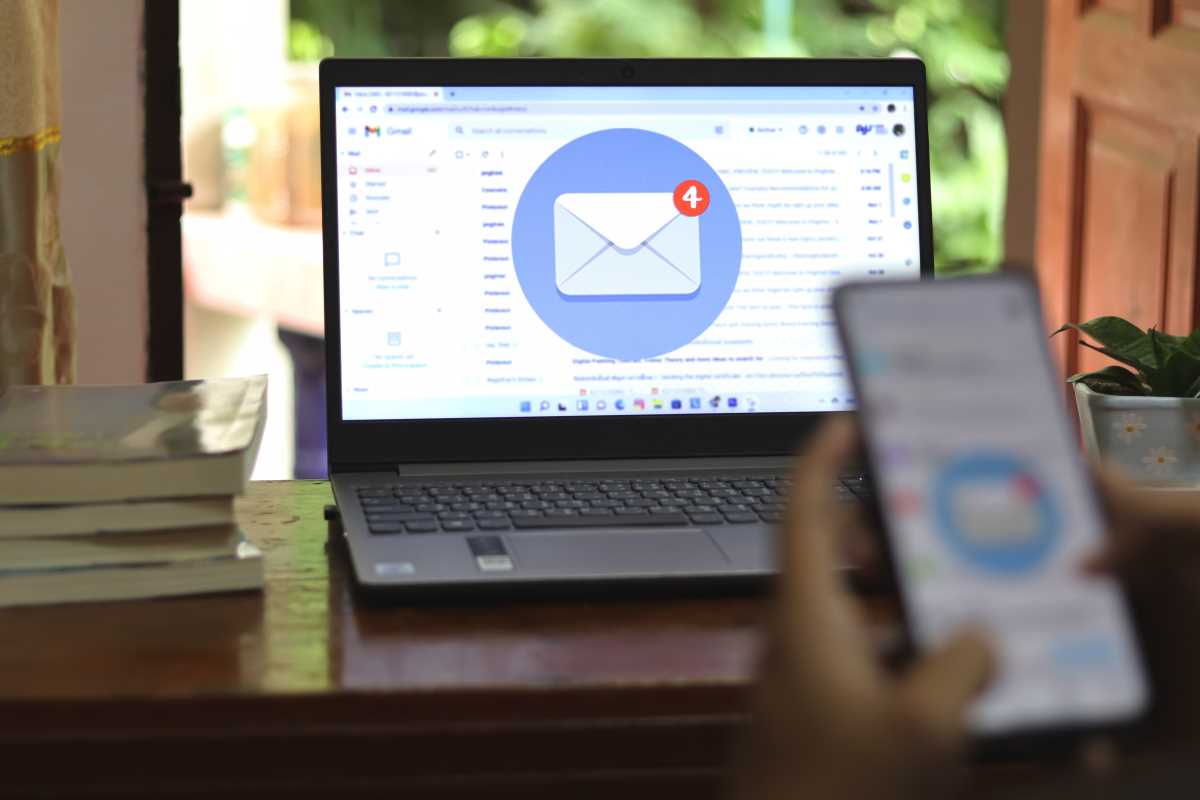Have you ever thought about the impact a perfectly composed email can have in creating exciting opportunities? Picture yourself at your desk, crafting a message that not only articulates your thoughts with clarity but also reflects your unique character. This seemingly small gesture in communication can significantly influence the impression you make during remote job trials. Consider the tale of a friend who aced an interview, all thanks to their carefully considered and personalized email. This story serves as a reminder of the importance of every message we send in shaping our professional journeys.
When you sit down to write an email, you have the chance to demonstrate professionalism and confidence. Whether it's asking a question about a project or confirming your remote working schedule, how you convey your message can speak volumes about your attention to detail. Setting the right tone through email often becomes the first step in building trust with your future supervisor.
The Role of Email Etiquette in Landing Remote Positions
Email etiquette can determine how your message is received by supervisors and potential coworkers. How clearly you communicate directly influences how others perceive your commitment and reliability. Here are some key reasons why being mindful about your emails plays a significant role:
- It shows your professionalism and readiness for the job.
- It demonstrates that you understand remote work expectations and respect communication norms.
- It creates a first impression that can influence opportunities during short trial periods.
- It helps you stand out by expressing your personality in a courteous yet confident manner.
Focusing on these aspects signals that you are organized and attentive to the details of your work. Each email becomes more than just a message—it becomes an opportunity to showcase your communication skills and to set a cooperative tone from the very beginning.
Building a habit of thoughtful emailing now can give you a solid foundation as you transition into remote work environments. Taking this proactive approach not only opens more professional doors but also boosts your confidence in everyday interactions.
Basics of Professional Email Communication
Starting with clear and concise emails is key. Your messages should invite your recipient to read on, so think of each email as a brief conversation that leaves a memorable mark. Keep your subject lines straightforward and your content organized, making sure to treat each part of your email with care.
Follow this numbered list outlining four key elements to ensure your messages shine. Remember, practicing good email etiquette today will help you make the most of every interaction:
- Subject Lines: Create a subject line that summarizes your message. Avoid vague terms and be specific. For example, “Remote Work Schedule Update” is better than “Questions”.
- Greetings: Start your email with a warm greeting, such as “Hi” or “Hello,” followed by the person’s name. Using a friendly tone can make all the difference.
- Tone: Keep a respectful yet relaxed tone. Write as if you’re speaking to someone you admire but feel comfortable with. This helps you sound genuine and approachable.
- Sign-offs: End your email with a clear closing, such as “Best regards” or “Thank you,” followed by your full name. This leaves a neat and professional finishing touch on every email.
Following these steps helps you organize your thoughts and reduces the chances of miscommunication. You set clear expectations and show your remote supervisors that you pay attention to details.
Practicing these techniques creates a habit of precision in all your written communications. The direct result is a smoother onboarding process and increased confidence in managing remote responsibilities.
Common Mistakes and How to Avoid Them
Even with good intentions, small mistakes in your emails can lead to misunderstandings. Recognizing common pitfalls helps you improve your messaging over time. Being mindful of these issues repeatedly will enhance your overall communication skills.
- Overusing informal language: Keep your language friendly but professional. Swap slang for clear, concise wording.
- Neglecting proofreading: Always re-read your message before sending to catch any grammar mistakes or unclear phrasing.
- Ignoring the recipient's time: Get to the point quickly and avoid lengthy preambles that might dilute your message.
- Sending without a proper sign-off: End your email with a thoughtful closing to maintain professionalism.
Simple habits, such as taking a moment to review your email and imagining how your supervisor might interpret your words, can prevent these common errors. Developing this awareness not only improves your messages but also boosts your self-confidence in professional settings.
Rechecking each message before hitting send can change how you communicate. Small adjustments help ensure that your communications remain clear, concise, and respectful.
Crafting Impactful Emails
Tailor every message in a remote trial to reflect both your technical expertise and your unique personality—highlight project specifics to show you’ve read instructions thoroughly, and maintain a clear, respectful tone that demonstrates your attention to detail and genuine interest in the role.
Remember that each email you send offers a chance to demonstrate your professionalism and enthusiasm in any remote role you pursue.
 (Image via
(Image via





